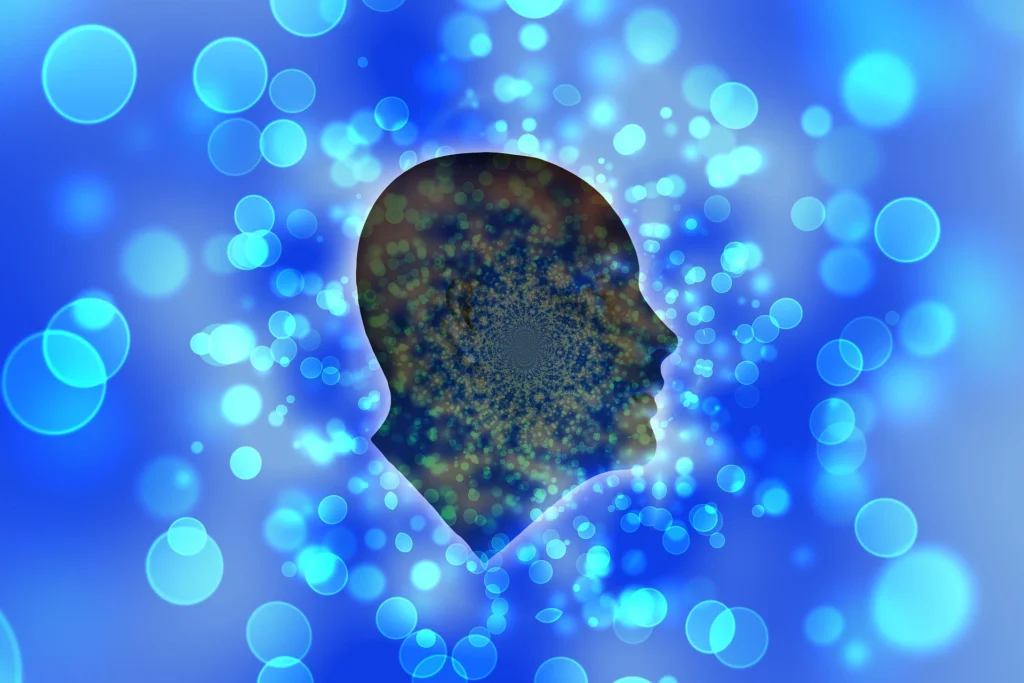Epilepsy is a neurological disorder that affects millions of people worldwide. It is characterized by recurrent seizures, which can range from mild to severe and may cause a variety of symptoms, including loss of consciousness, convulsions, and altered mental states. While epilepsy can be a challenging condition to manage, there are effective treatments available that can help people with epilepsy lead full and productive lives.
Causes of Epilepsy
Epilepsy is a neurological disorder that can be caused by a variety of factors. One of the most common causes of epilepsy is genetics. Certain genetic factors can make an individual more susceptible to seizures and may be passed down through families. Brain injury or trauma is another common cause of epilepsy. Traumatic brain injuries, such as those caused by car accidents or falls, can damage the brain and lead to seizures.
Brain tumors can also be a cause of epilepsy. Tumors in the brain can disrupt normal brain function and trigger seizures. Infections, such as meningitis or encephalitis, can also cause inflammation in the brain and lead to epilepsy. Strokes are another common cause of epilepsy. Strokes can damage the brain and increase the risk of developing epilepsy.
In addition to these causes, there are several other factors that can increase the risk of developing epilepsy. These include prenatal factors, such as brain development abnormalities or exposure to drugs or toxins in the womb, as well as developmental disorders, such as autism or cerebral palsy. Other risk factors for epilepsy include alcohol or drug abuse, sleep deprivation, and certain medications.
It is important to note that in many cases, the exact cause of epilepsy is unknown. This is known as idiopathic epilepsy and is thought to be caused by a combination of genetic and environmental factors. In these cases, treatment focuses on managing the symptoms of epilepsy and reducing the frequency and severity of seizures.

Symptoms of Epilepsy
The symptoms of epilepsy can vary widely depending on the individual and the severity of their seizures. Some common symptoms of epilepsy include:
Loss of Consciousness
In epilepsy, loss of consciousness is a common symptom that can occur during a seizure. Seizures are caused by abnormal electrical activity in the brain, and depending on the type of seizure, loss of consciousness can be a prominent feature.
During a generalized tonic-clonic seizure, which is the type of seizure most commonly associated with epilepsy, the individual may lose consciousness and fall to the ground. They may experience convulsions, muscle rigidity, and a loss of bladder or bowel control. The seizure typically lasts for a few minutes and is followed by a period of confusion or disorientation.
In absence seizures, which are more common in children, the individual may experience a brief loss of consciousness that lasts only a few seconds. They may appear to be staring off into space and may not respond to external stimuli during the seizure.
Loss of consciousness during a seizure can be dangerous, particularly if the individual is in a hazardous environment, such as near water or on a high surface. It is important to seek medical attention if you or someone you know experiences a seizure, particularly if it is the first seizure or if it lasts longer than five minutes.
Convulsions or Jerking Movements
Convulsions or jerking movements are common symptoms of epilepsy, particularly during generalized tonic-clonic seizures. During a seizure, the individual may experience sudden, uncontrolled muscle movements, which can range from mild twitching to violent jerking. These movements are caused by abnormal electrical activity in the brain, which can disrupt the normal functioning of the muscles.
The convulsions or jerking movements associated with epilepsy can be alarming and can cause injury or harm to the individual or others around them. It is important to take steps to protect the individual during a seizure, such as moving them to a safe area and cushioning their head with a pillow or other soft object.
Temporary Confusion or Disorientation
During a seizure, abnormal electrical activity in the brain can disrupt normal brain function, leading to confusion or disorientation.
After a seizure, the individual may experience a period of confusion or disorientation, during which they may be unaware of their surroundings or may have difficulty remembering what happened during the seizure. This confusion or disorientation can last for several minutes or even longer, depending on the severity of the seizure.
In addition to confusion or disorientation after a seizure, individuals with epilepsy may also experience cognitive and behavioral symptoms, such as memory problems, difficulty concentrating, or mood changes. These symptoms can be disruptive to daily life and may require treatment or management.
Staring Spells or Unresponsiveness
Staring spells or unresponsiveness are common symptoms of epilepsy, particularly during absence seizures. During an absence seizure, the individual may appear to be staring off into space and may not respond to external stimuli, such as verbal cues or touch.
Staring spells or unresponsiveness can be brief, lasting only a few seconds, or can last for several minutes. During this time, the individual may be unaware of their surroundings and may not be able to carry out normal activities.
In addition to staring spells or unresponsiveness, individuals with epilepsy may also experience other cognitive and behavioral symptoms, such as memory problems, difficulty concentrating, or mood changes. These symptoms can be disruptive to daily life and may require treatment or management.

Sensory Disturbances, such as Strange Smells or Tastes
Sensory disturbances, such as strange smells or tastes, are common symptoms of epilepsy, particularly during temporal lobe seizures. During a temporal lobe seizure, abnormal electrical activity in the brain can disrupt normal brain function, leading to sensory disturbances.
Sensory disturbances can take many forms, including strange smells, tastes, or visual or auditory hallucinations. These disturbances can be disruptive to daily life and may require treatment or management.
Treatment for Epilepsy
Epilepsy is a neurological disorder characterized by recurrent seizures. The treatment for epilepsy depends on the type and severity of seizures, the age of the patient, and the underlying cause of the seizures. The goal of treatment is to reduce the frequency and severity of seizures, and to minimize side effects of medication.
- Medications: The most common treatment for epilepsy is anti-seizure medications. These medications work by stabilizing the electrical activity in the brain and reducing the risk of seizures. There are many different types of anti-seizure medications available, and the choice of medication depends on the type of seizures and the individual patient. The medication is usually started at a low dose and gradually increased until the seizures are under control. It is important to take medications as prescribed, and to discuss any side effects with the healthcare provider.
- Lifestyle changes: Lifestyle changes can also help to reduce the risk of seizures in some patients. This may include getting enough sleep, avoiding alcohol and drugs, and managing stress.
- Surgery: In some cases, surgery may be an option for patients who have seizures that are not controlled by medication. The goal of surgery is to remove the area of the brain that is causing the seizures. Surgery is usually considered only after other treatment options have been tried and have not been effective.
- Vagus Nerve Stimulation: It is a procedure that involves implanting a device under the skin of the chest that sends electrical signals to the brain through the vagus nerve. This can help to reduce the frequency and severity of seizures.
- Ketogenic diet: A ketogenic diet is a high-fat, low-carbohydrate diet that has been shown to be effective in reducing seizures in some patients. The diet should be supervised by a healthcare provider and a registered dietitian.
CONCLUSION
Epilepsy is a complex condition that can have a significant impact on an individual’s life. However, with proper diagnosis and treatment, it is possible for people with epilepsy to lead full and productive lives. If you or someone you know is experiencing symptoms of epilepsy, it is important to seek medical attention right away to determine the cause of the seizures and develop an appropriate treatment plan.
It is important for patients with epilepsy to work closely with their healthcare provider to develop a treatment plan that is right for them. Regular follow-up visits and monitoring are important to ensure that the treatment is effective and to adjust the treatment plan as needed. With proper treatment and management, it is possible for individuals with epilepsy to lead full and productive lives.